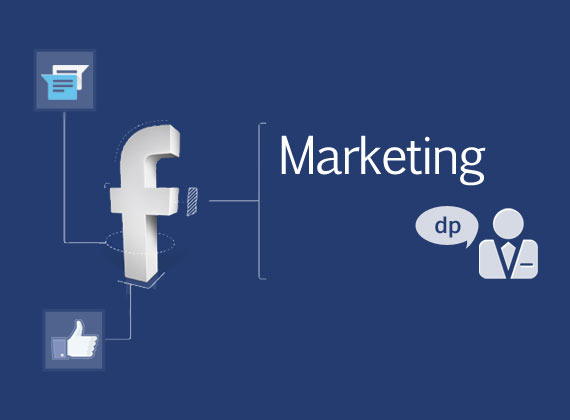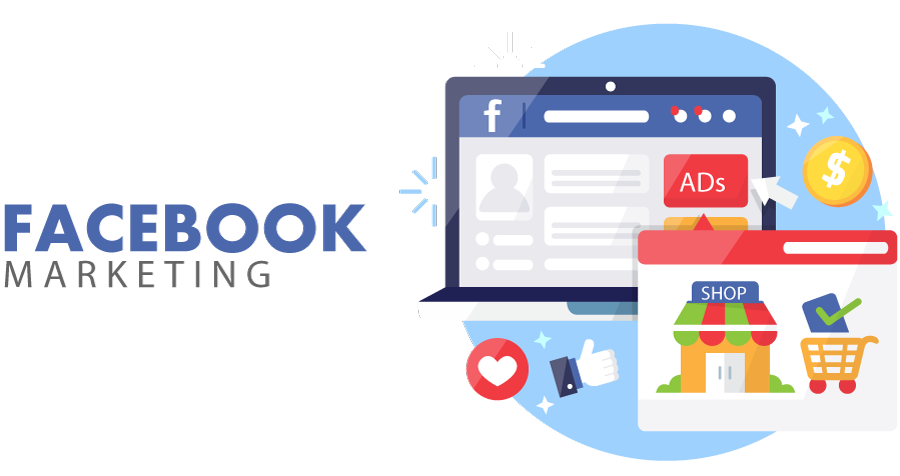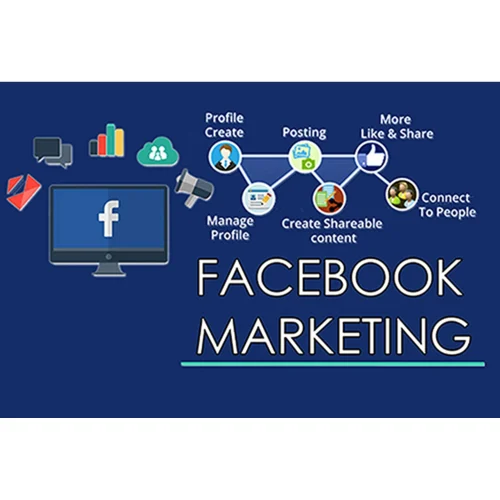Facebook Events for Marketing
In the ever-evolving landscape of digital marketing, leveraging platforms effectively is key to reaching and engaging with your target audience. Facebook, with its vast user base and diverse features, offers a powerful tool for marketers in the form of events. In this comprehensive guide, we will delve into the potential of Facebook Events for marketing and explore strategies to make the most out of this dynamic feature.

Understanding Facebook Events
Facebook Events provide a platform for users to create, share, and participate in gatherings—both online and offline. Whether it’s a product launch, webinar, sale, or community meetup, Facebook Events enable businesses to connect with their audience in a more personal and interactive way.
The Benefits of Using Facebook Events for Marketing
**1. Increased Visibility and Reach:
- Creating a Facebook Event automatically increases your visibility. When users express interest or attend, it can appear on their friends’ timelines, exponentially expanding your reach.
**2. Engagement and Interaction:
- Events foster engagement by allowing users to interact with the content, ask questions, and share their thoughts. This two-way communication builds a sense of community.
**3. Targeted Promotion:
- Utilize Facebook’s targeting options to promote your event to specific demographics, ensuring your message reaches the most relevant audience.
**4. Data Insights:
- Facebook provides valuable insights into the performance of your event. Track RSVPs, engagement metrics, and other data to refine

Creating a Successful Facebook Event
**1. Optimizing Event Details:
- Craft a compelling event title, description, and cover image. Clearly communicate the event’s purpose, date, time, and location. Use high-quality visuals to grab attention.
**2. Utilizing Event Categories:
- Categorize your event appropriately to enhance discoverability. Choose from categories like Business, Food & Drink, Arts, and more to align with your event’s theme.
**3. Adding Co-Hosts:
- Collaborate with other businesses or influencers by adding them as co-hosts. This not only broadens your reach but also lends credibility to your event.
**4. Incorporating Keywords:
- Optimize your event description with relevant keywords. This can improve searchability, helping potential attendees discover your event.
Promoting Your Facebook Event
**1. Leveraging Facebook Ads:
- Boost your event’s visibility with targeted Facebook Ads. Define your audience, set a budget, and use engaging visuals and copy to attract attention.
**2. Cross-Promotion on Other Platforms:
- Share your Facebook Event on other social media platforms, your website, and through email newsletters. Cross-promotion ensures maximum exposure.
**3. Utilizing Influencers and Partnerships:
- Collaborate with influencers or industry partners who can help promote your event to their followers. This adds credibility and widens your audience.
**4. Encouraging User-Generated Content:
- Create a hashtag for your event and encourage attendees to share their experiences on social media. User-generated content acts as authentic promotion.
Engagement Strategies During the Event
**1. Live Content:
- If feasible, go live during your event. Share behind-the-scenes footage, conduct interviews, and provide real-time updates to engage those unable to attend in person.
**2. Interactive Features:
- Use interactive features such as polls, Q&A sessions, and contests to keep attendees engaged and encourage participation.
**3. Post-Event Content:
- Share highlights, photos, and recap content after the event. This prolongs the event’s impact and keeps your audience engaged beyond the actual date.
Analyzing and Learning from Facebook Event Insights
**1. Attendance Metrics:
- Review attendance metrics to understand the demographics of your audience. This information is valuable for future event planning and targeting.
**2. Engagement Metrics:
- Monitor engagement metrics such as likes, comments, and shares. Identify which aspects resonated most with your audience to refine your marketing approach.
**3. Referral Traffic:
- Track referral traffic to your website or other platforms linked in your event. This can provide insights into the effectiveness of your event in driving further engagement.
Case Studies: Success Stories with Facebook Events
**1. Product Launch Event:
- Explore how a company successfully utilized Facebook Events to launch a new product, engaging their audience and generating buzz.
**2. Webinar Series:
- Learn from a business that effectively used Facebook Events to host a series of webinars, reaching a global audience and establishing thought leadership.
Challenges and Solutions in Facebook Event Marketing
**1. Low RSVPs:
- If facing challenges with low RSVPs, reassess your event details, targeting strategy, and promotional efforts. Consider running additional promotions closer to the event date.
**2. Technical Difficulties:
- In case of technical difficulties during an online event, have a backup plan and communicate clearly with attendees. Offering a recording post-event can also address issues.
Future Trends in Facebook Event Marketing
**1. Virtual Hybrid Events:
- The rise of virtual and hybrid events is likely to continue
- i hope we can explain Facebook Events for Marketing in better way.


